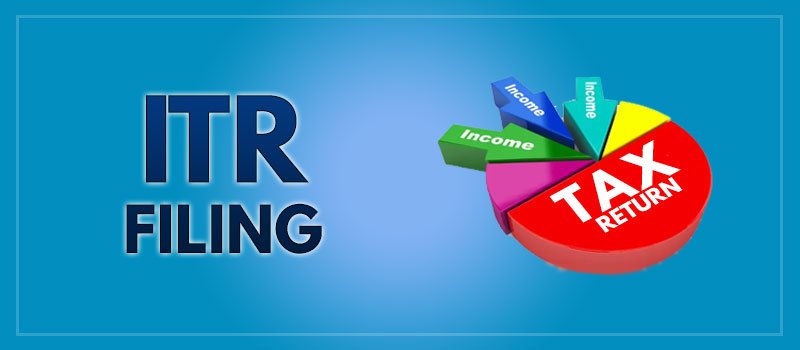ITR Filing: Master Your Taxes 10 Expert Tips for Effortless ITR Filing and Maximized Refunds
Discover 10 expert strategies and essential tips to simplify and optimize your Income Tax Return (ITR) filing process. From understanding tax laws to maximizing deductions, these insights will help you navigate tax season with confidence and ensure accurate compliance. Stay ahead of deadlines, avoid common pitfalls, and unlock potential tax savings with this comprehensive guide to successful ITR filing.

Here are 10 expert strategies and essential tips to simplify and optimize your Income Tax Return (ITR) filing process:
- Gather Documents in Advance: Collect all necessary documents such as bank statement, Form 16, investment statements, and receipts for deductions well before the filing deadline. Organizing paperwork in advance reduces stress and ensures accuracy.
- Stay Updated on Tax Law Changes: Keep abreast of changes in tax laws and regulations that may affect your filing status, deductions, or credits. This proactive approach helps you maximize tax benefits and avoid potential penalties.
- Use Tax Filing Software or Professional Assistance: Consider using tax filing software or hiring a tax professional to streamline the process. These tools can help automate calculations, ensure accuracy, and identify potential deductions you might overlook.
- Maximize Deductions and Credits: Take advantage of all eligible deductions and tax credits to lower your taxable income and maximize your refund. Common deductions include mortgage interest, charitable contributions, and education expenses.
- Organize Your Records: Maintain a systematic record-keeping system throughout the year to track income, expenses, and investments. Organized records make it easier to prepare your tax return and provide documentation in case of an audit.
- Opt for Electronic Filing (e-filing): File your tax return electronically for faster processing and confirmation. E-filing also reduces the risk of errors associated with paper returns and allows for direct deposit of any refund.
- Review Your Filing Status: Choose the most advantageous filing status for your situation, whether it's single, married filing jointly, married filing separately, or head of household. Your filing status can impact your tax liability and eligibility for certain credits.
- Double-Check for Accuracy: Review your tax return carefully before submitting to ensure all information is accurate and complete. Errors or omissions can delay processing and potentially trigger an audit.
- Consider Retirement Account Contributions: Contribute to retirement accounts such as IRAs or 401(k)s to reduce your taxable income and potentially qualify for tax deductions. Maximize contributions within allowable limits to optimize tax savings.
- Plan Ahead for Next Year: Use insights gained from this year's filing experience to plan ahead for future tax seasons. Adjust withholding allowances, review investment strategies, and implement tax-efficient financial planning strategies to optimize your tax situation going forward.
By following these expert strategies and essential tips, you can simplify the ITR filing process, optimize your tax returns, and ensure compliance with tax laws and regulations.
The last date to submit an Income Tax Return (ITR) for the Financial Year 2023-24 (Assessment Year 2024-25) is 31st July 2024. Also, the ITR last date for a late return for the same FY is 31st December 2024.
Latest Updates
FSSAI Regulations for Genetically Modified Foods
18 Jan 2026What to Do If You Receive a TDS Default Notice
15 Jan 2026ca4filings.com Services




























-registration.png)



